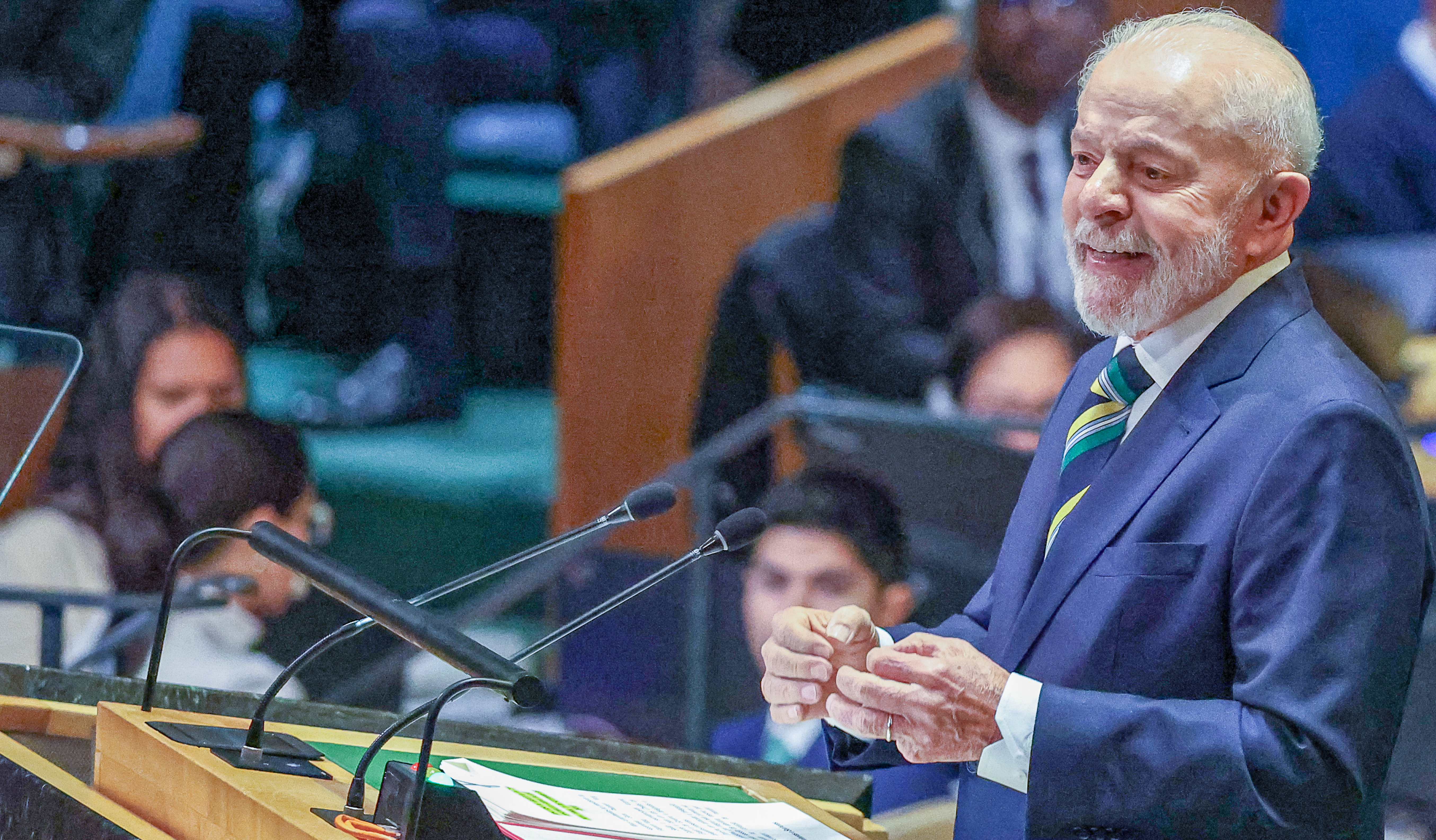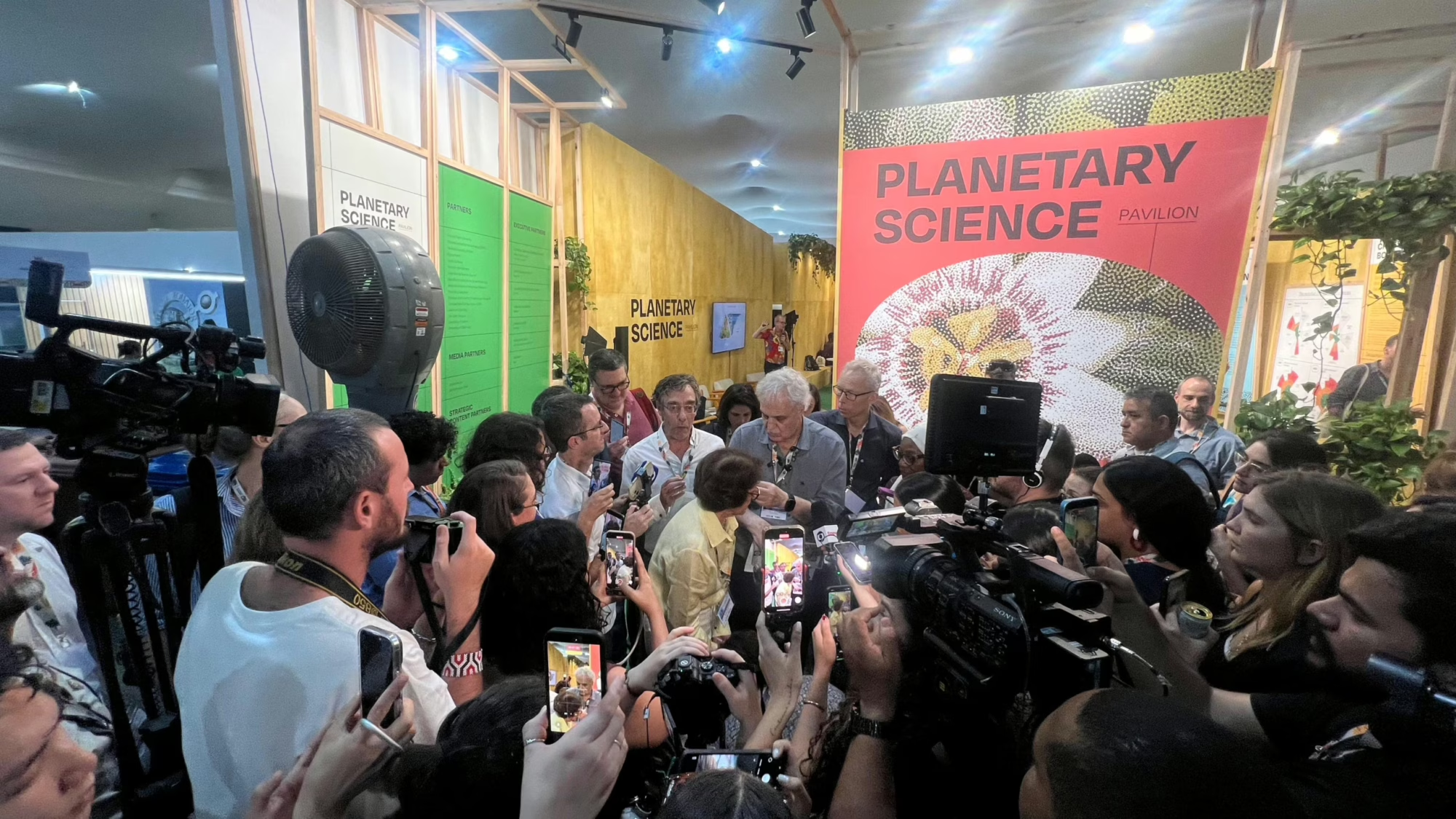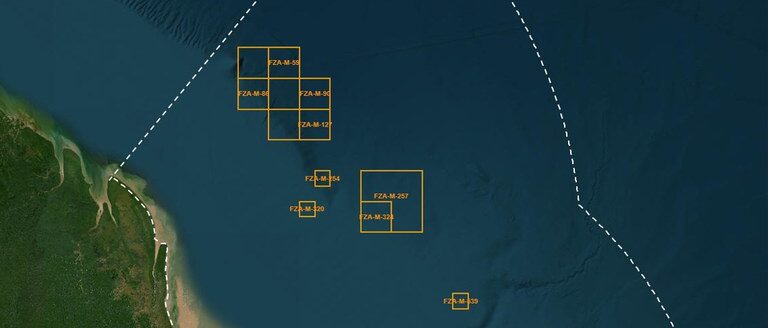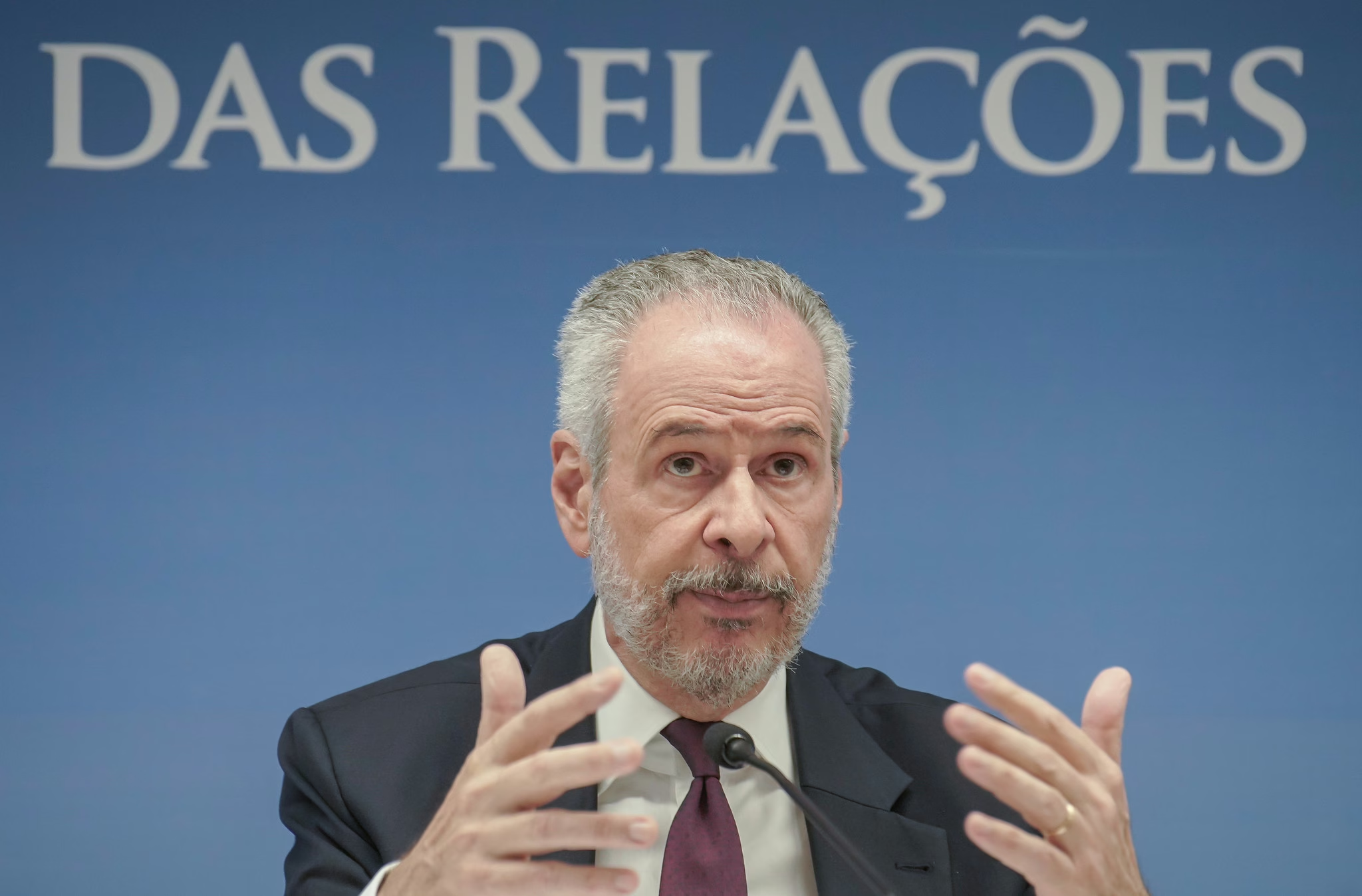Brazilian President Luiz Inácio Lula da Silva gave an honest speech at the opening of the general debate of the 79th United Nations General Assembly. However, the climate leader the world was expecting did not show up. Climate was just one topic among many addressed by Lula, ranging from the recent conflict in Lebanon to the urgency of regulating artificial intelligence, along with Brazil’s usual call for UN reform. The president promised to deliver a climate target (NDC) this year, aligned with the 1.5°C goal, but did not offer a vision of what his country intends to do as president of COP30 to accelerate the fight against the crisis.
He wasn’t the only one. The overwhelming number of problems clogging the multilateral agenda—from armed conflicts in the Middle East, Sudan, and Eastern Europe to the rise of populism, Vladimir Putin’s nuclear threats, and out-of-control AI—was described as a “whirlwind” by UN Secretary-General António Guterres, and in 2024 it shifted the focus of the debate away from the climate crisis. Fossil fuels, the main cause of global warming, were not even mentioned by the event’s host, U.S. President Joe Biden, who centered his speech on armed conflicts and artificial intelligence.
Lula was applauded at the start of his remarks by mentioning Palestine’s presence as an observer at the General Assembly. He criticized global military spending, which totals $2.4 trillion annually and “could be used to fight hunger and tackle climate change.” He condemned Hamas’ attack in 2023, as well as Israel’s “collective punishment” of the Palestinian people, and labeled Russia’s invasion of Ukraine for what it is—an invasion—although he once again referred to “objectives on both sides,” a stance for which he has previously been criticized for equaling aggressor and aggressed.
The Brazilian pointed out that it is impossible to “de-planetize” global society, meaning humanity is “bound to the interdependence of climate change.” He stated that “the planet can no longer wait for the next generation to act, and is fed up with unfulfilled climate agreements,” including “neglected carbon emission reduction targets” and financial aid to poor countries that never materializes.
After listing the climate extremes his own country has faced in 2024, Lula claimed that Brazil reduced deforestation by 50% this year (fact-check: deforestation alerts fell by 45%, but the official 2024 rate has yet to be announced at year’s end). He reiterated the promise to eliminate deforestation by 2030.
This stance is significant, since the definition of zero deforestation is not even agreed upon within his own cabinet. Environment Minister Marina Silva advocates for ending all deforestation, while colleagues in Agriculture and Foreign Affairs have spoken of “illegal zero,” meaning accepting that Congress could potentially legalize what is currently illegal. This is one of the key battles surrounding the construction of Brazil’s NDC.
Lula also mentioned the NDC for the first time. By February next year, all countries must present climate plans for 2035 aligned with the Paris Agreement’s Global Stocktake, agreed upon last year in Dubai, which includes transitioning away from fossil fuels and aiming to limit global warming to 1.5°C. Brazil, as the president of COP30 in 2025 and a member of the “troika” of presidencies lobbying for increased ambition, is expected to be one of the first to submit its target to the UN. Lula confirmed that expectation: “Our Nationally Determined Contribution (the NDC) will be presented later this year, in line with the goal of limiting the planet’s temperature rise to 1.5 degrees,” he promised. He concluded his climate remarks by stressing the need to “work towards an economy less dependent on fossil fuels.”
“Lula made a timid statement about the necessary climate ambition at this moment, despite listing the profound and serious impacts we are already experiencing in Brazil,” said Stela Herschmann, International Policy Advisor at the Climate Observatory. “Saying that the country’s climate target will align with the Paris goal of keeping global warming below 1.5°C is merely repeating what was agreed upon in Dubai last year and Brazil’s own ‘Mission 1.5’ proposal. If Brazil wants to lead the climate agenda by example, the president should be signaling what that means in practice, like how to move away from fossil fuels.”
“Unfortunately, the climate issue has taken a back seat amidst the maelstrom of armed conflicts over the past year,” said Marcio Astrini, executive secretary of the Climate Observatory. “Lula didn’t do too badly on this agenda compared to other global leaders. The problem is that measuring one’s own ambition by the lack of ambition from others is what brought us past 1.5°C in the last 14 months and into the climate chaos we now face. Those hoping for Brazilian leadership were disappointed, but the president still has time to demonstrate it in the coming months.”





